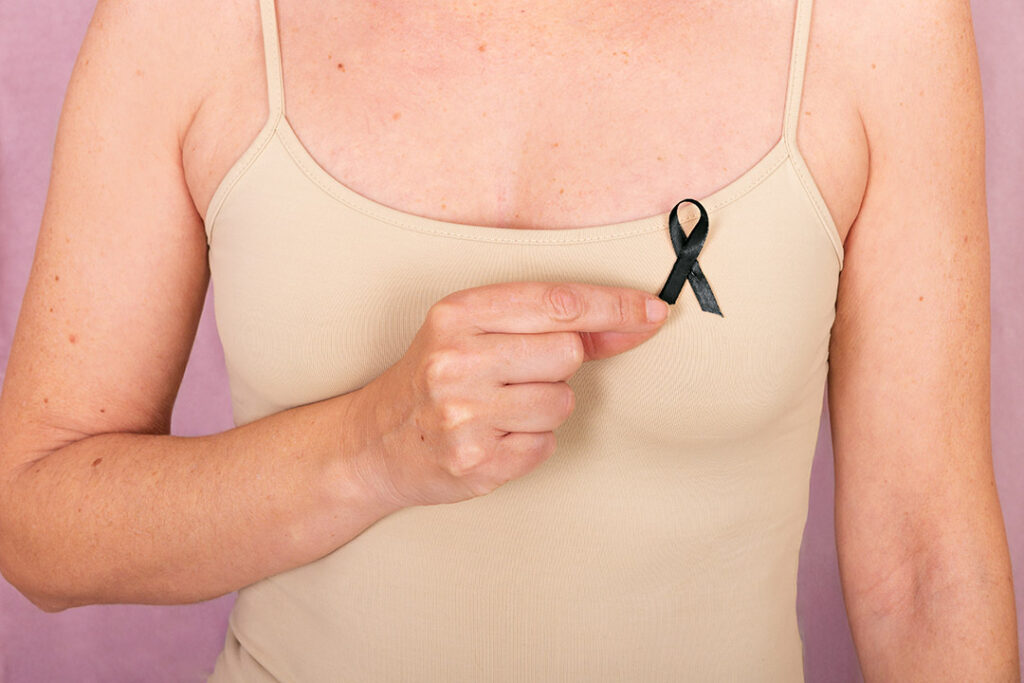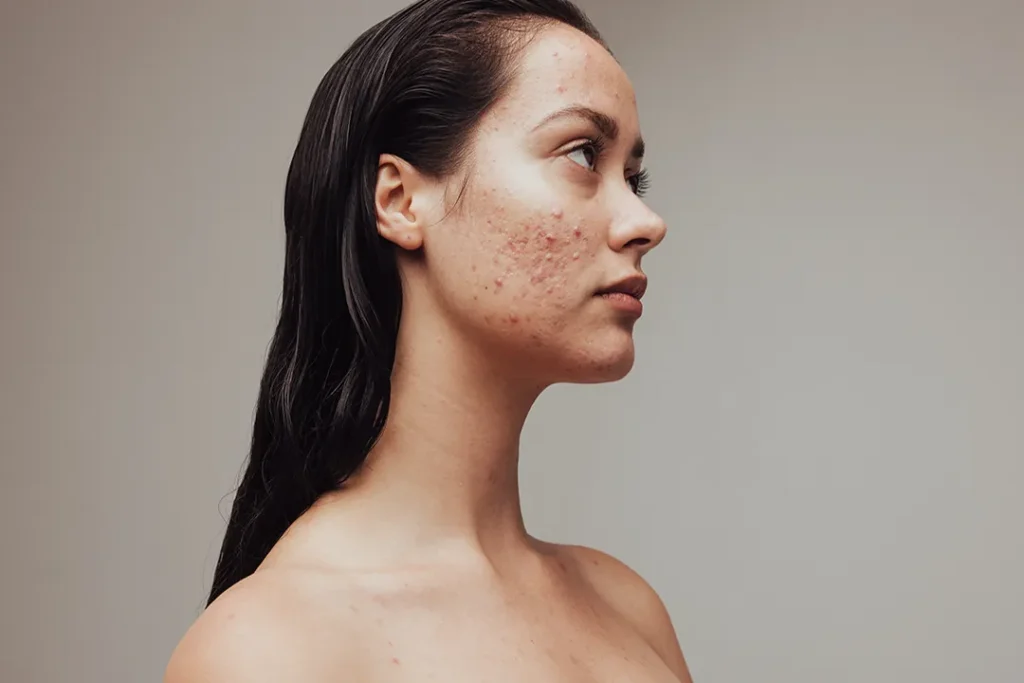How to Tell If it’s Skin Cancer
According to the Cancer Council, “Non-melanoma skin cancers, now called keratinocyte cancers, are the most common cancers in Australia.” The two main types are:
- Basal Cell Carcinomas (BCC) – Account for 70% of all non-melanoma cancers. They can develop anywhere on the body, but most commonly affect skin that receives the most sun exposure. Symptoms include a pearly lump on the skin, and a dry, scaly area that is bright pink or shiny and pale. “BCCs are slow growing and often have no symptoms, making regular skin check-ups important for catching them early,” says Dr Austin.
- Squamous Cell Carcinomas (SCC) – Account for approximately 30% of all non-melanoma cancers and are also likely to be related to UV exposure. The mass may look like a sore that has not healed or a thick, red, scaly spot, and may be tender to the touch. SCC lumps grow rapidly, so again, regular skin cancer checks are critical.
Left untreated, BCCs and SCCs can grow and spread, potentially leading to disfigurement and even death. When detected early, however, these skin cancers are highly treatable, reports the American Academy of Dermatology. To help you, they offer a free Guide to a Self-Exam and Body Mole Map to help you document your findings. “You are the first line of defence against skin cancer,” says Dr Austin. “You know your body better than anyone and are best suited to finding any irregularities on your skin.”
Act Quickly to Stop Skin Cancer Spread
If you find an area of skin that concerns you, contact us for a simple, painless exam. If we find a BCC or SCC, we may recommend one or more of these non-surgical skin cancer treatments:
- Photodynamic Therapy (PDT) – This treatment uses red and blue light waves to neutralise abnormal skin cells. It is effective but gentle, and useful for sensitive areas of the body.
- Cold Therapy – Liquid nitrogen is used to freeze BCC and SCC skin lesions. Multiple treatments are required. Unlike PDT, this therapy may leave small, visible white marks on the treated area.
- Topical Treatments – Prescription topical treatments activate the powers of your natural immune system to destroy cancer cells.
- Hydrafacial Deluxe – A deep-cleaning facial to exfoliate, extract debris, and hydrate the skin with antioxidants, peptides, and hyaluronic acid is followed by the addition of a corrective skin booster.
- Supplements – The human body is a natural healing machine when it has the right fuel. Herbs of Gold B3 tablets help to treat and prevent non-melanoma skin cancer
Today’s the day! Contact the Austin Clinic to schedule a skin cancer check and put your mind at ease.




